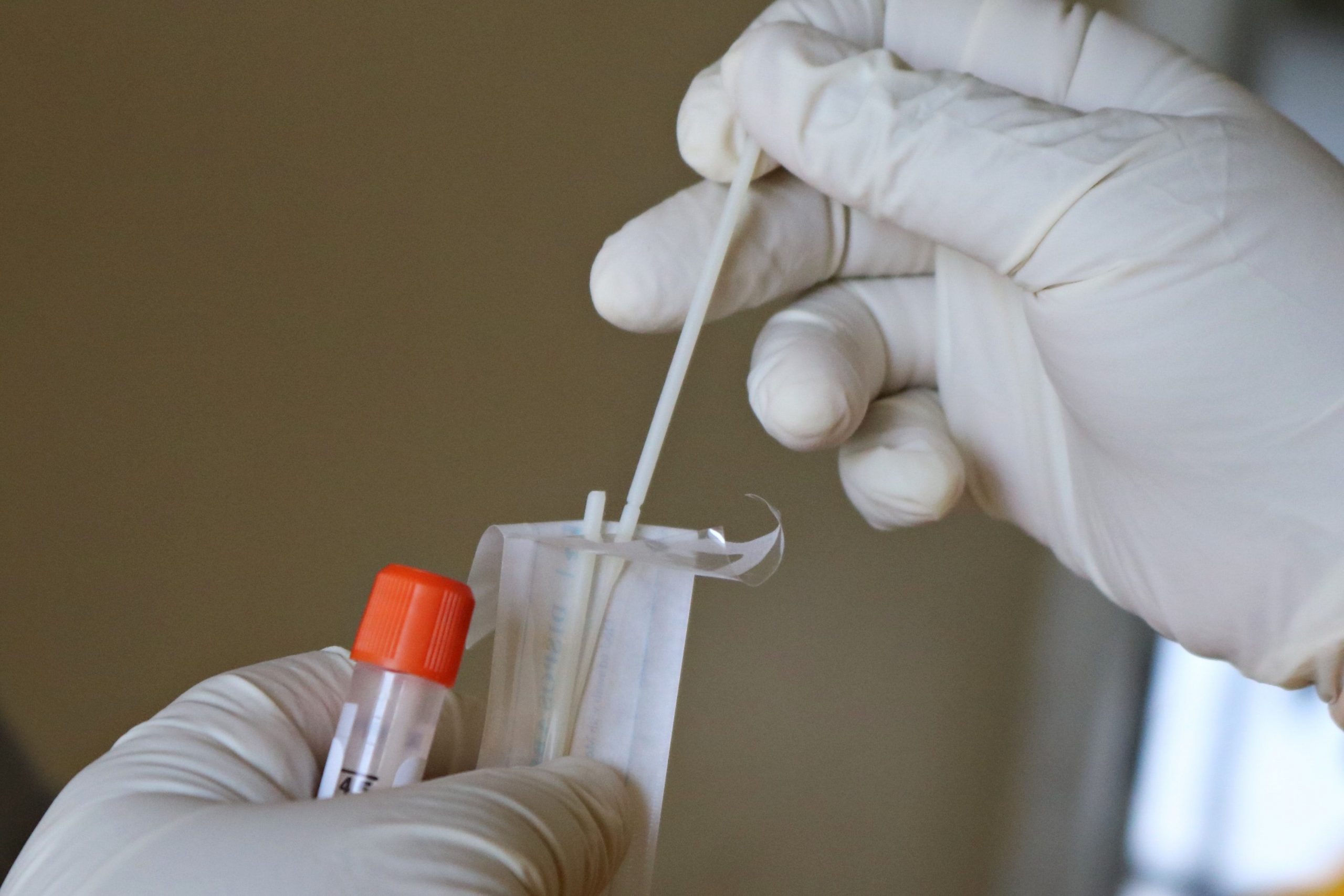The world has been witnessing another rise in daily Covid-19 infections as more countries ease pandemic-related restrictions.
Qatar recorded 762 Covid-19 cases on Saturday, showing a slight dip in daily infections that have increased over the past month.
According to data released by Qatar’s Ministry of Public Health (MoPH), 636 out of the total cases were recorded among the community while the remaining 126 were recorded among travellers.
A total of 18,221 people have also tested during the past 24 hours, raising the total number of tests since the start of the pandemic to 3,747,568.
The new infections bumped up the total number of active cases to 7,246, the highest in months as health authorities worldwide continue to witnesses a rise in daily infections.
The MoPH also recorded 855 recoveries, raising the total of those who recovered from Covid-19 to 399,822. One person died due to Covid-19 over the last 24 hours, raising the total deaths to 681.
Last week, Qatar reported more than 1,000 daily cases with an encouraging recovery rate as the country continues to lead a successful vaccine campaign. To date, Qatar has administered 7,320,197 doses.
Meanwhile, the total ICU cases are low, in comparison to the beginning of the Covid outbreak and despite the latest spike in cases.
On Saturday, the MoPH reported 0 admissions with only two cases currently in the ICU. 34 acute hospital admissions were reported, raising the total to 99.
Earlier this month, Dr. Muna Al Maslamani, Medical Director of the Communicable Disease Center at Hamad Medical Corporation, warned that cases would continue to rise for weeks.
The remarks came in light of the easing of travel restrictions and return of travellers to the country.
Health authorities were quick to respond to the surge in cases, reinforcing mandatory masks in all closed public spaces, less than two months after lifting the requirement.
Global rise
Worldwide, there has been a notable rise in daily Covid-19 infections as more countries ease pandemic-related restrictions.
On Wednesday, Director-General of the World Health Organization (WHO) Tedros Ghebreyesus said the pandemic is “far from over” with Covid-19 fatalities on the rise over the past five weeks.
The WHO official urged the international community to vaccinate the most at-risk groups, including 100% of health and care workers and 100% of the elderly.
“We continue to urge all countries to strive for the target of 70% vaccination coverage, with a focus on targeted vaccination strategies that prioritise the most vulnerable, which is the most effective way to save lives,” he said.
Reuters reported on 13 July that there has been a spread of the BA.5, which is part of the Omicron variant. The variant is behind 52% of worldwide cases in late June, with the US believed to be representing up to 65% of infections.
“BA.5 has a growth advantage over the other sub lineages of Omicron that are circulating,” Maria Van Kerkhove, the WHO’s technical lead on COVID-19, said earlier this month.
The WHO has been tracking the variant since April, after initially identifying it in January this year and does not appear to be more dangerous than Omicron’s other variants.
“We have ample evidence that people who’ve been infected with Omicron are getting infected with BA.5. No question about it,” said Gregory Poland, a virologist and vaccine researcher with the Mayo Clinic in Rochester, Minnesota, as quoted by Reuters.







